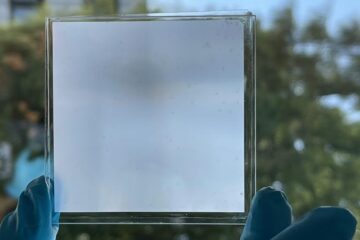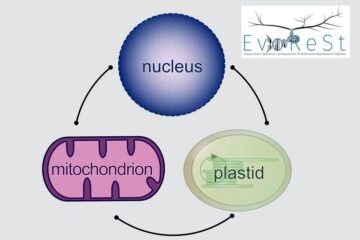Quantum well structure

<p><strong>Background</strong><br>
Quantum-well inter-subband devices, such as quantum-well infrared photo-detectors (QWIPs) and quantum cascade lasers (QCLs) are ideal for a variety of ground and space-based applications. Night vision, early warning systems, navigation, flight control systems, weather monitoring, security and surveillance are among the different applications based on QWIPs. QCLs are ideal candidates for the remote sensing of gases in the atmosphere.</p> <p style=“margin-bottom: 0.0001pt;“ class=“MsoNormal“><strong>Technology</strong><br> The invention is a quantum well structure including a quantum well layer arranged between two barrier layers. The invention further refers to quantum well photodetectors and quantum cascade laser. <br> <strong><br> </strong></p> <p style=“margin-bottom: 0.0001pt;“ class=“MsoNormal“><strong>IP Rights</strong><br> German Patent DE 103 35 443 B4<br> US Patent US 7,893,425 B2<br> European Patent Application<br> <br> <strong>Patent Owner</strong><br> Humboldt-Universität zu Berlin, Germany</p> <p> </p>
Weitere Informationen: PDF
ipal GmbH
Tel.: +49 (0)30/2125-4820
Ansprechpartner
Dr. Dirk Dantz
Media Contact
Alle Nachrichten aus der Kategorie: Technologieangebote
Neueste Beiträge

Neuartiges Material für nachhaltiges Bauen
Innovativer Werkstoff für eine energieeffiziente Architektur: Forschende des Karlsruher Instituts für Technologie (KIT) stellen in der aktuellen Ausgabe der Fachzeitschrift Nature Communications ein polymerbasiertes Material mit besonderen Eigenschaften vor. Das…

Neues Antibiotikum gegen Erreger der Flussblindheit und Lymphatischen Filariose
Prof. Achim Hoerauf, Direktor des Instituts für Medizinische Mikrobiologie, Immunologie und Parasitologie des Universitätsklinikums Bonn (UKB), und seinem Team ist es in Kollaboration mit der Abteilung Pharmazeutische Technologie und Biopharmazie…

Evolutionäre Genomik: Folgen biodiverser Fortpflanzungssysteme
Die Deutsche Forschungsgemeinschaft (DFG) fördert die Einrichtung eines neuen Graduiertenkollegs (GRK) in der Biologie an der Universität Göttingen. Das GRK mit dem Titel „Evolutionary Genomics: Consequences of Biodiverse Reproductive Systems…

















